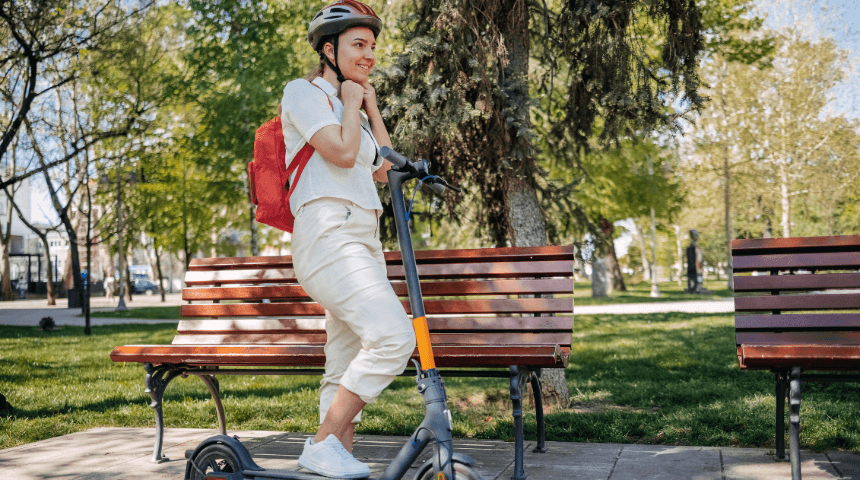For the past century, the opinion on daylight saving time (DST) has been sharply divided between those who support it and those who oppose it. Funny thing, though: Both sides are still not exactly sure what it does. What started as an energy conservation trick became a national standard in the 1960s. With small exceptions (Arizona, Hawaii and three others), it hasn’t budged much ever since.
Here’s where both believers and nonbelievers seem to agree: The DST change affects our sleep. Gaining an hour in our day is not the same nuisance that losing one is, however. As DST comes to a close each year on the first Sunday of November, it’s a great excuse to reset our internal clocks as well as begin good sleep habits.
TIP: Falling back is so much better
When DST starts in March, and we “spring forward” and lose an hour of our day, that’s generally worse than when it comes to an end. Either way, the main issue is this: Whenever our days are lengthened or shortened, people end up not getting as much sleep as they need.
Only 65 percent of us get the healthy recommended amount of seven hours or more per night, according to a study conducted by the Centers for Disease Control and Prevention (CDC). The other 35 percent reported they weren’t sleeping as much as they needed to. That’s alarming. When you experience sleep debt, your performance at work or school suffers and you have insufficient sleep to maintain appropriate awareness and alertness.
TIP: Stick to a regular schedule
Go to bed at the same time all of the time. If you go to sleep at 9:00 pm and wake up at 6:00 am, keep doing that. Don’t use the time change as an excuse to sleep more than is necessary. When DST ends, many think they get to sleep in. Try not to vary your sleeping schedule by more than 1 or 2 hours, however. By doing this, you are not changing your routine significantly. We do better when we maintain the same sleep schedule.
TIP: Go toward the light
When you stay up too late and sleep in too long, you lose your day. Getting natural-light exposure as part of your morning helps wake you up properly and prepares you for the day. It is part of your circadian rhythm, as light is a crucial part of how our internal clocks work.
TIP: Clean up your sleep hygiene
Sleep hygiene — how a person approaches bedtime or sleep —requires having the right set of attitudes and behaviors about it. Avoid electronics 30 minutes before retiring. Read a book or do some painting. By consciously choosing to be less active, you’re getting your mind and body ready for sleep.
Also remember to avoid eating a large meal before bedtime. Don’t drink too much fluid or alcohol. Consider introducing regular exercise and a healthy diet to your life. One last thing: Keep your bedroom cool and dark, and you’ll sleep more consistently throughout the night. You’ll promote overall physical and mental health and be in a better mood, too.
TIP: When it’s time to spring forward
This largely pertains to the beginning of DST, but it’s a good tactic to remember: You may prepare yourself by going to sleep 15 minutes earlier a night 4-5 nights before the time change, according to the American Academy of Sleep Medicine. That way, by the time you lose your hour, you will have made up for any missed sleep before it ever happens.
Choose to Stay in Touch
Sign up to receive the latest health news and trends, wellness & prevention tips, and much more from Orlando Health.
Sign Up





